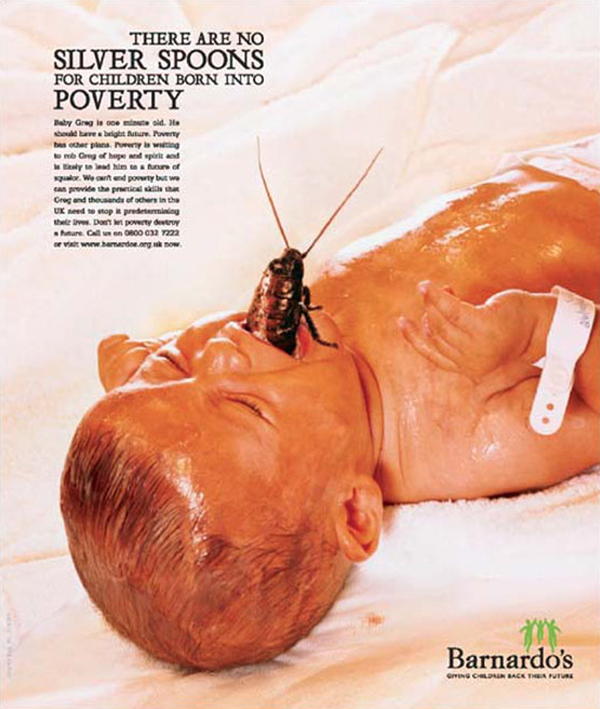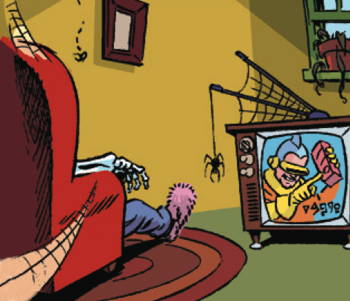August 2020
August 16, 2020
Hitler’s Toilet Seat
December 1969: ex-RAF pilot Guy Harris put a toilet seat up for auction that he claimed to have removed from Hitler's bunker in Berlin. He said he had found it in the private apartment used by Hitler and Eva Braun.According to Harris, he and other British soldiers had been allowed in the bunker by the Russians, who had already removed everything they believed to be of value. But they evidently hadn't thought Hitler's toilet seat was of any value. So Harris took it.
When he got back to England, he first installed it in his 90-foot yacht on the Thames. Later he moved it to his home in Twickenham, before finally deciding to sell it.
There's no record, however, of whether he did manage sell it. At least, none that I can find.

Albany Democrat Herald - Dec 18, 1969

Los Angeles Times - Dec 17, 1969
As it turns out, Harris wasn't the only soldier to have nabbed a Hitler toilet seat. There are two more floating around out there. One was taken from Hitler's mountain retreat, the Berghof. The other from Hitler's private yacht, the Aviso Grille. This latter one is currently located in an auto repair shop in New Jeresy. More info: Anchorage News
Posted By: Alex - Sun Aug 16, 2020 -
Comments (1)
Category: Bathrooms, Dictators, Tyrants and Other Harsh Rulers, 1960s
S. P. Dinsmoor’s Garden of Eden
The oldest surviving outsider art installation in the USA.Home page.
Creator's Wikipedia entry.

Posted By: Paul - Sun Aug 16, 2020 -
Comments (3)
Category: Art, Outsider Art, Statues and Monuments, Regionalism, 1900s
August 15, 2020
Baby and Cockroach
In 2003, the UK children's charity Barnardo's came out with the ad below. It promptly triggered numerous complaints to the Advertising Standards Authority. Barnardo's argued that it "caused distress for good reason, but the ASA banned the ad anyway, saying it could "cause serious or widespread offense."The ad was subsequently voted one of the top 10 ads of 2003 by Campaign magazine.
Of course, the charity must have known it was likely the ad would get banned, but evidently figured the controversy would attract more attention to their message than something more subdued.

Posted By: Alex - Sat Aug 15, 2020 -
Comments (3)
Category: Babies, Charities and Philanthropy, Insects and Spiders, Advertising, Nausea, Revulsion and Disgust
S.S.S. Tonic
Created by Charles Swift, this patent medicine is still for sale today. (Two separate links in that last sentence, if you're interested in following them!) And yet for some reason they make no claim about "purifying and invigorating polluted blood" or "inherited taints."

Posted By: Paul - Sat Aug 15, 2020 -
Comments (1)
Category: Patent Medicines, Nostrums and Snake Oil, Nineteenth Century, Twentieth Century
August 14, 2020
The Life Coffin

The idea behind this coffin, created and sold by Tibbetts Woodworking of Windsor Massachusetts during the early 1990s, was that you would buy it while you were still alive and healthy — use it as a bookshelf, wine rack, or display case — and then get buried in it. It cost $365 for knotty eastern white pine, or $505 for oak or cherry. Below is text from the brochure:
It is a simple, honest, rectangular wooden coffin, custom-made to your dimensions in a small woodworking shop in the Berkshire Hills of western Massachusetts.
Until your funeral, your coffin can be used as a bookcase (by ordering a number of adjustable shelves), or for wine storage (by ordering twelve-bottle storage units), or for a combination of books and important objects in your life.
The coffin lid hangs on the back of the coffin while it is being used as a bookcase. When you're ready for burial, the lid is attached with maple dowel pins. No liner is included.
Why Would Anyone Buy a Life Coffin?
Death is an inevitable part of your life. Buying a coffin now can help begin a process of education and acceptance. By seeing your coffin every day, you will be reminded of the preciousness of your physical life. This perspective on your daily hassles can bring you to celebrate the miracle of your life.
A Life Coffin will act as a catalyst for discussion with your family and friends, helping you to open up to difficult feelings concerning your death and funeral. And when all is said and done, you can rest peacefully, knowing that you are enclosed in a coffin to which you have added personal meaning.
Source: Harper's Magazine - March 1991
Posted By: Alex - Fri Aug 14, 2020 -
Comments (3)
Category: Death, 1990s
Sybil Brintrup, RIP
Alas, the world will get no more performances like this one.Obit in Spanish.
Posted By: Paul - Fri Aug 14, 2020 -
Comments (3)
Category: Art, Avant Garde, Performance Art, Ineptness, Crudity, Talentlessness, Kitsch, and Bad Art
August 13, 2020
Das Bockwurstklavier
Or, the sausage piano.It was created using a gadget called Makey Makey, that allows you to turn just about any food (bananas, watermelons, etc.) into a keyboard. Amazon Link


Posted By: Alex - Thu Aug 13, 2020 -
Comments (1)
Category: Inventions, Music
The Double Penny Whistles of David Amram
I'm reading the autobiography of musician and composer David Amram, most famous for working with Jack Kerouac on PULL MY DAISY. But he is also known for his ability to play two penny whistles simultaneously, as he does below starting around 4:20.
Posted By: Paul - Thu Aug 13, 2020 -
Comments (2)
Category: Human Marvels, Movies, Music, Bohemians, Beatniks, Hippies and Slackers
August 12, 2020
Jokes Cracked By Lord Aberdeen
Lord Aberdeen (1847-1934) was Lord Lieutenant of Ireland in 1886, and again from 1905 to 1915. He held the office of Governor General of Canada from 1893 to 1898. He also fancied himself something of a wit and allowed some of his jokes to be collected together in a volume titled Jokes Cracked by Lord Aberdeen, published in 1929 by Valentine Press.Over the years, the book became a cult classic, due to its reputation as the worst joke book ever published. On the strength of this reputation, it was republished in 2013 (available on Kindle for $1.99).
In reality, the jokes aren't all that bad. However, they are liberally sprinkled with Scottish dialect, which can make them hard to understand. Also, their subject matter is often quite dated.
But judge them for yourself. I've collected together some examples below.

You probably failed to get that joke. I certainly had no clue what the punchline meant. Here's an explanation by John Finnemore (who wrote the intro to the 2013 edition):
More jokes (easier to understand):
'Well, but,' replied the bishop, 'I don't know your aunt.'
The wife seemed rather dubious, but replied, "Well, I suppose he micht try."
"All right" said the doctor, "I had better call again in a few days to see how he does."
And sure enough, in due course, the doctor arrived and on asking the wife how the new diet was suiting her husband, received the following reply:
"Weel, he manages middlin' well wi' the neeps; and whiles the linseed cake, but oh! doctor, he canna thole the strae!"
('he canna thole the strae' = he cannot stand the straw)
In this way an element of permanence is secured for the assistant or colleague, since, humanly speaking, it is only a matter of time when he will have full charge, and the full stipend, such as it may be.
I remember that the late Dr. Marshall Lang, who was a Moderator of the Church of Scotland, and latterly Principal of the University of Aberdeen, when speaking on a subject which included the above arrangement, said that he had heard of an elderly minister who once said to his "assistant and successor:" "I suppose, my young friend, you are 'thinking long' for my dying?"
"Ah, no, sir," replied the younger man, "you must not put it so; for it is your living that I desire."
Sandy: "I noticed that, when I was takin' up the collection."
More in extended >>
Posted By: Alex - Wed Aug 12, 2020 -
Comments (2)
Category: Books, Jokes
Sounds of War
On the heels of yesterday's post, and thanks to loyal and creative WU-vie KDP, comes this literal blast from his past. We hope it brings back childhood memories.
Posted By: Paul - Wed Aug 12, 2020 -
Comments (1)
Category: War, Reader Recommendation, Special Effects, 1960s
| Get WU Posts by Email | |
|---|---|

| Who We Are |
|---|
| Alex Boese Alex is the creator and curator of the Museum of Hoaxes. He's also the author of various weird, non-fiction books such as Elephants on Acid. Paul Di Filippo Paul has been paid to put weird ideas into fictional form for over thirty years, in his career as a noted science fiction writer. He has recently begun blogging on many curious topics with three fellow writers at The Inferior 4+1. Chuck Shepherd Chuck is the purveyor of News of the Weird, the syndicated column which for decades has set the gold-standard for reporting on oddities and the bizarre. Our banner was drawn by the legendary underground cartoonist Rick Altergott. Contact Us |

